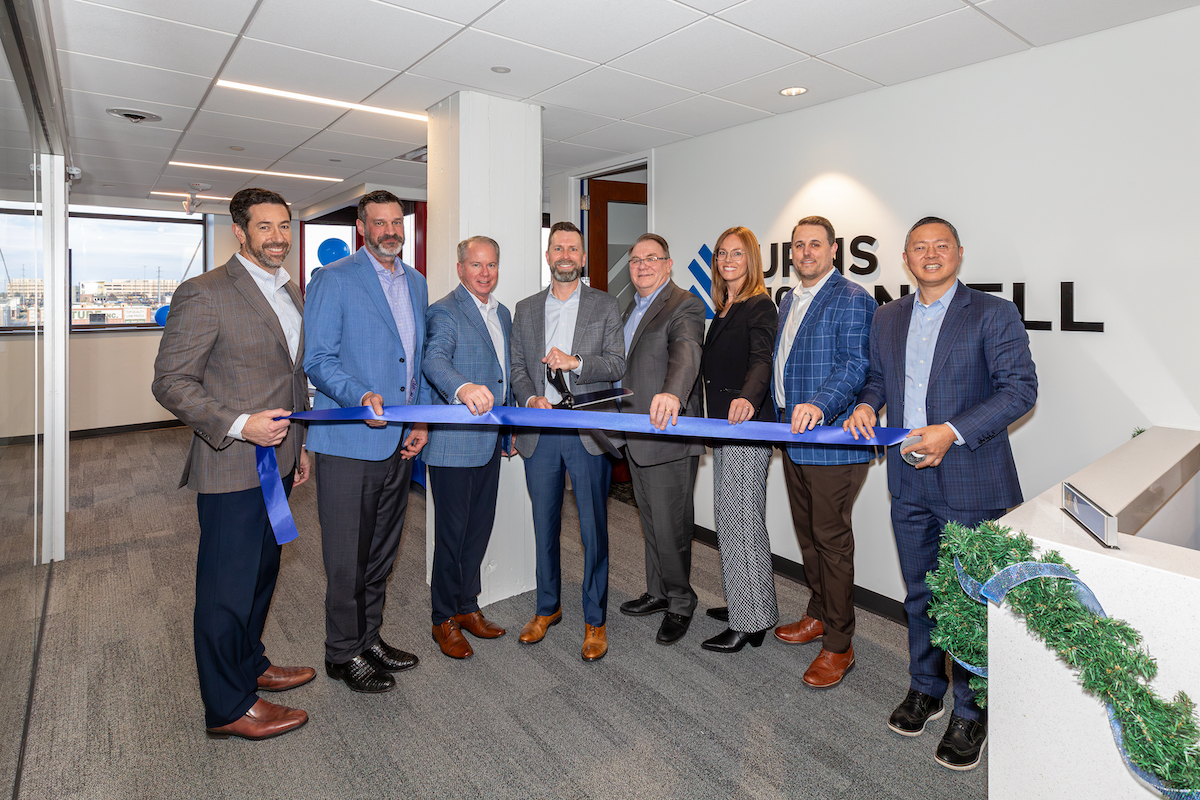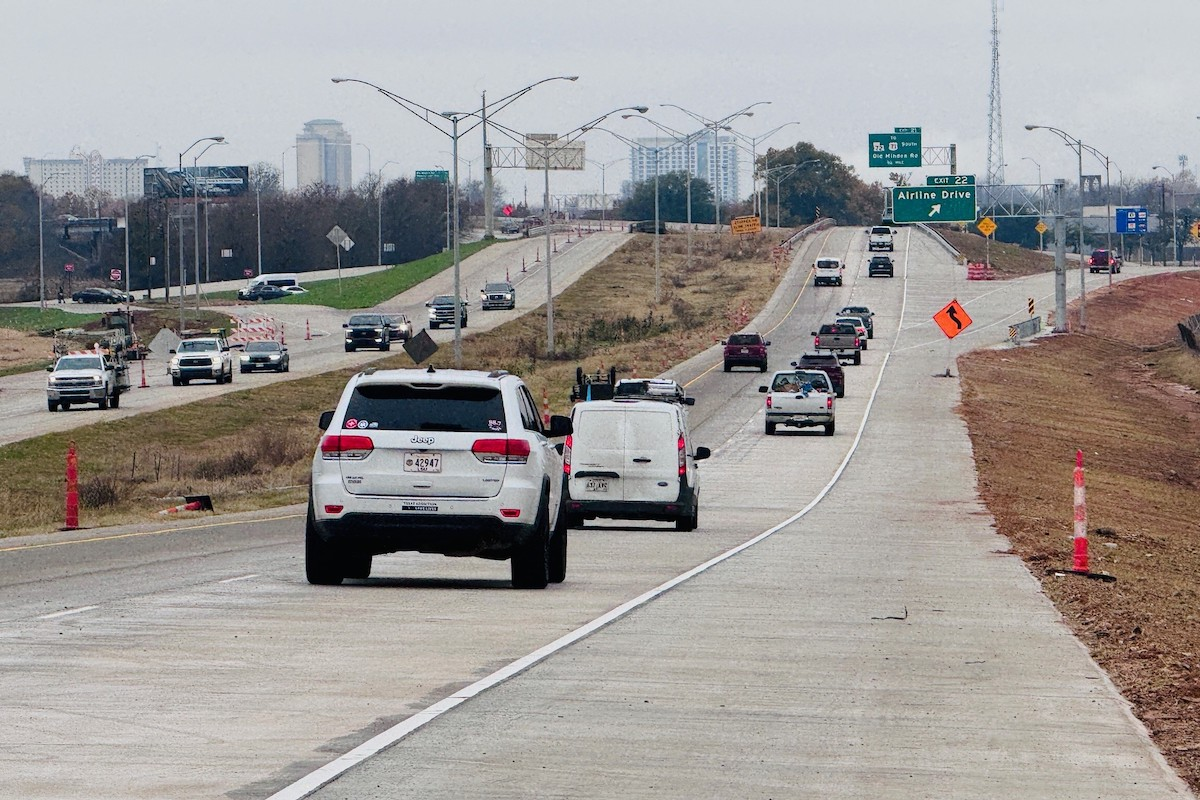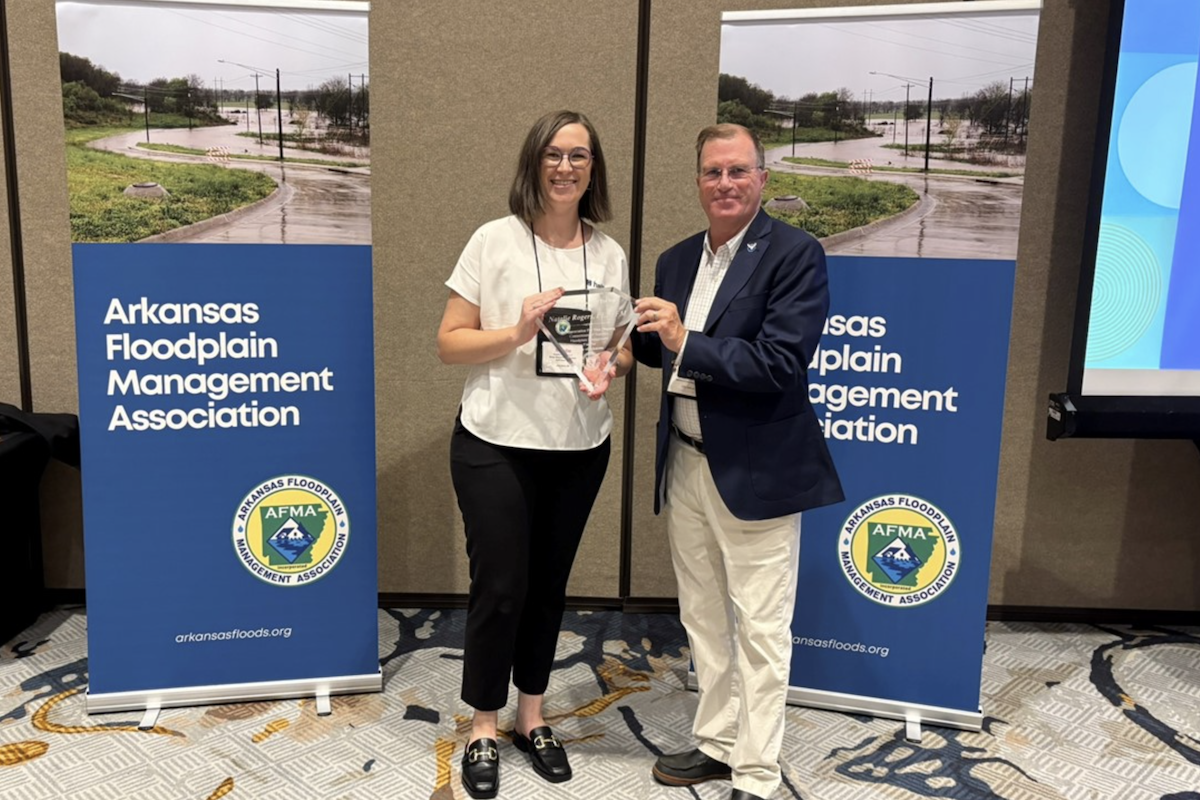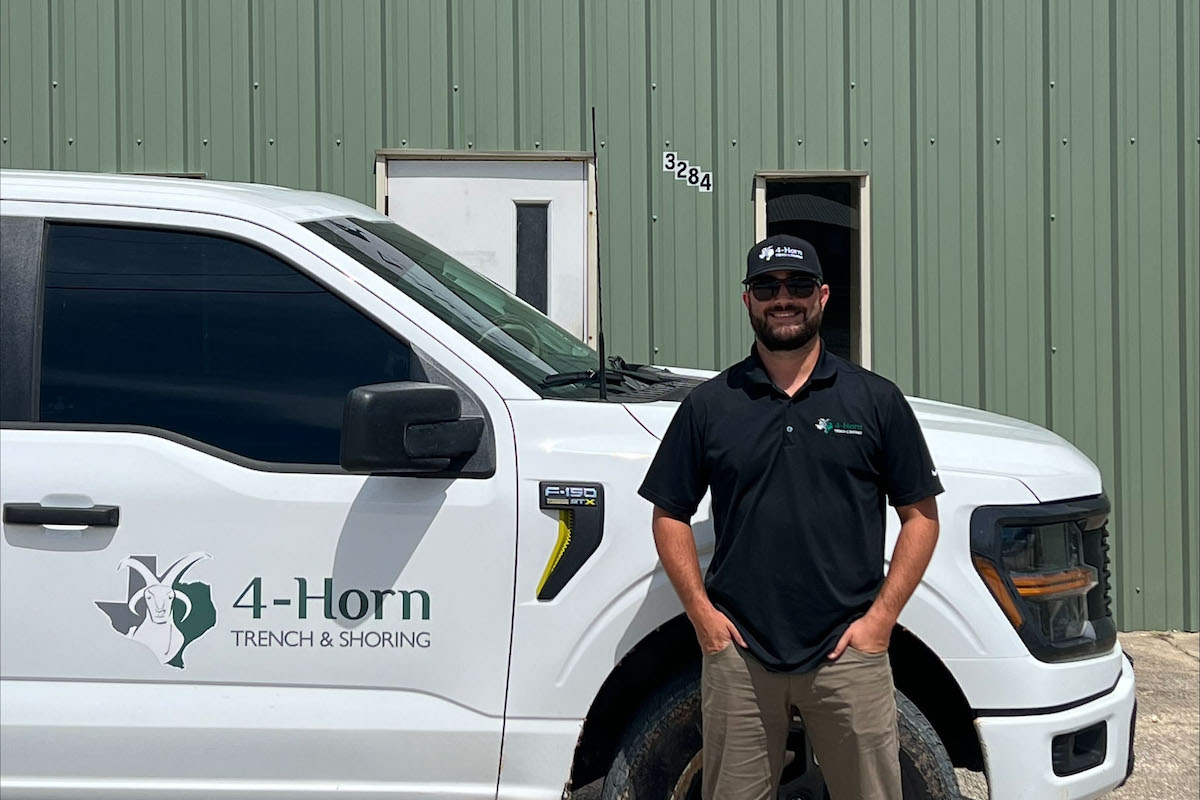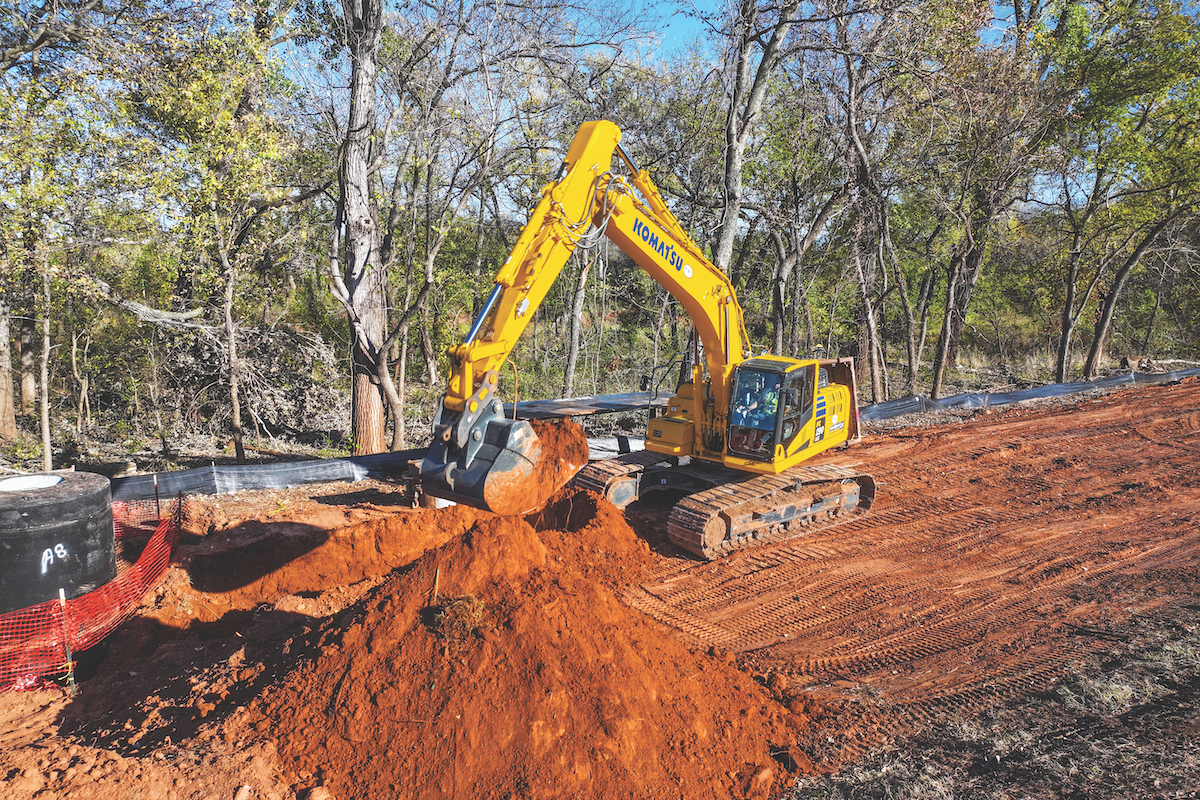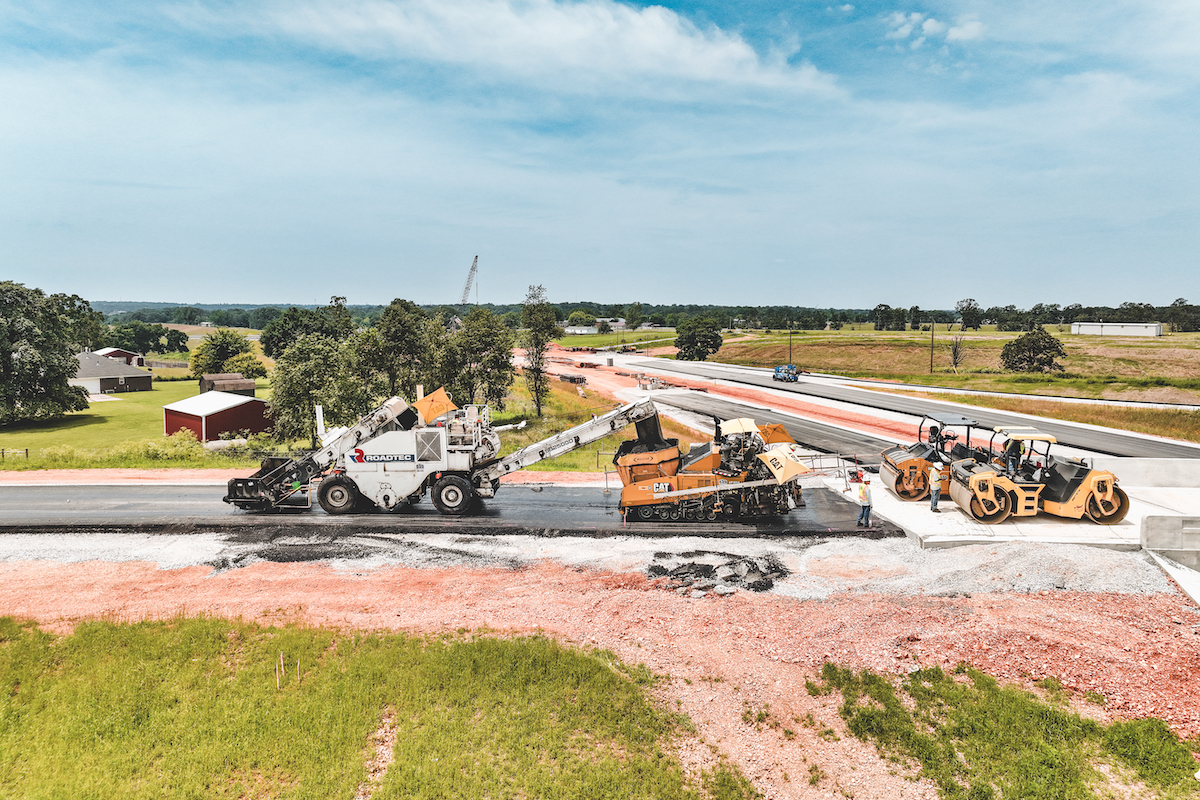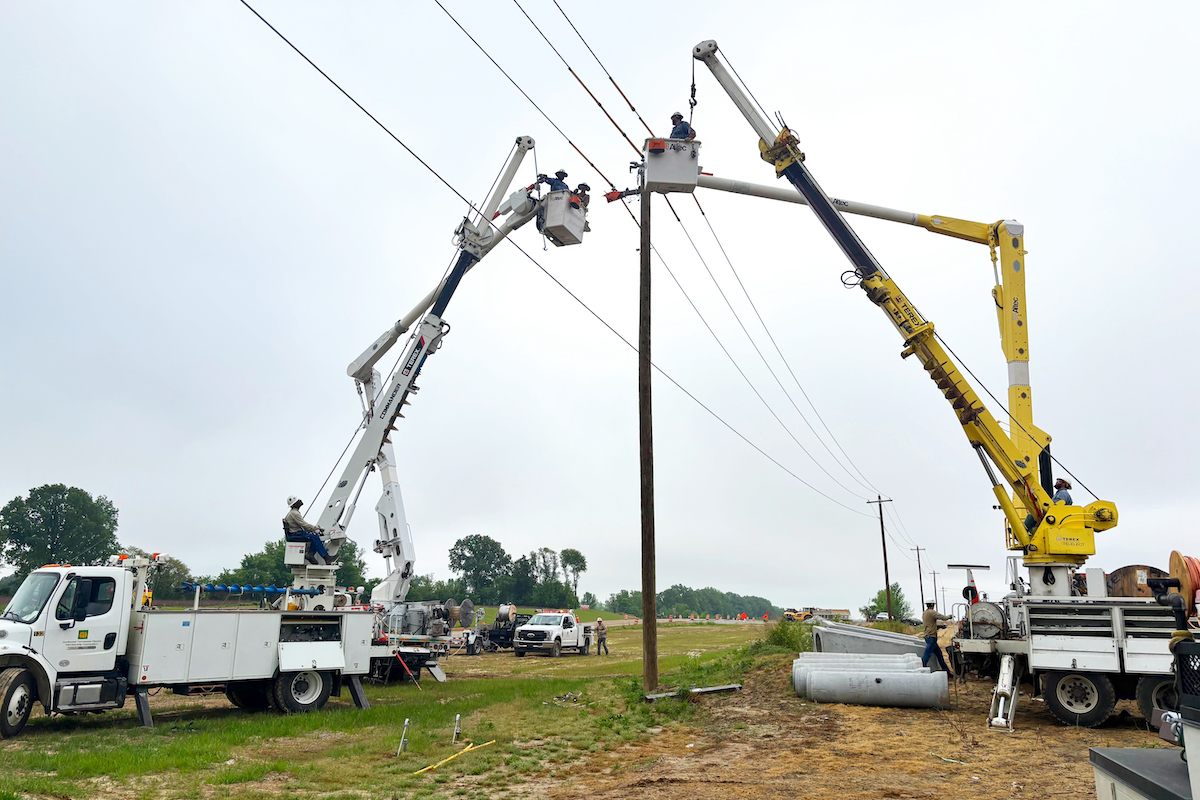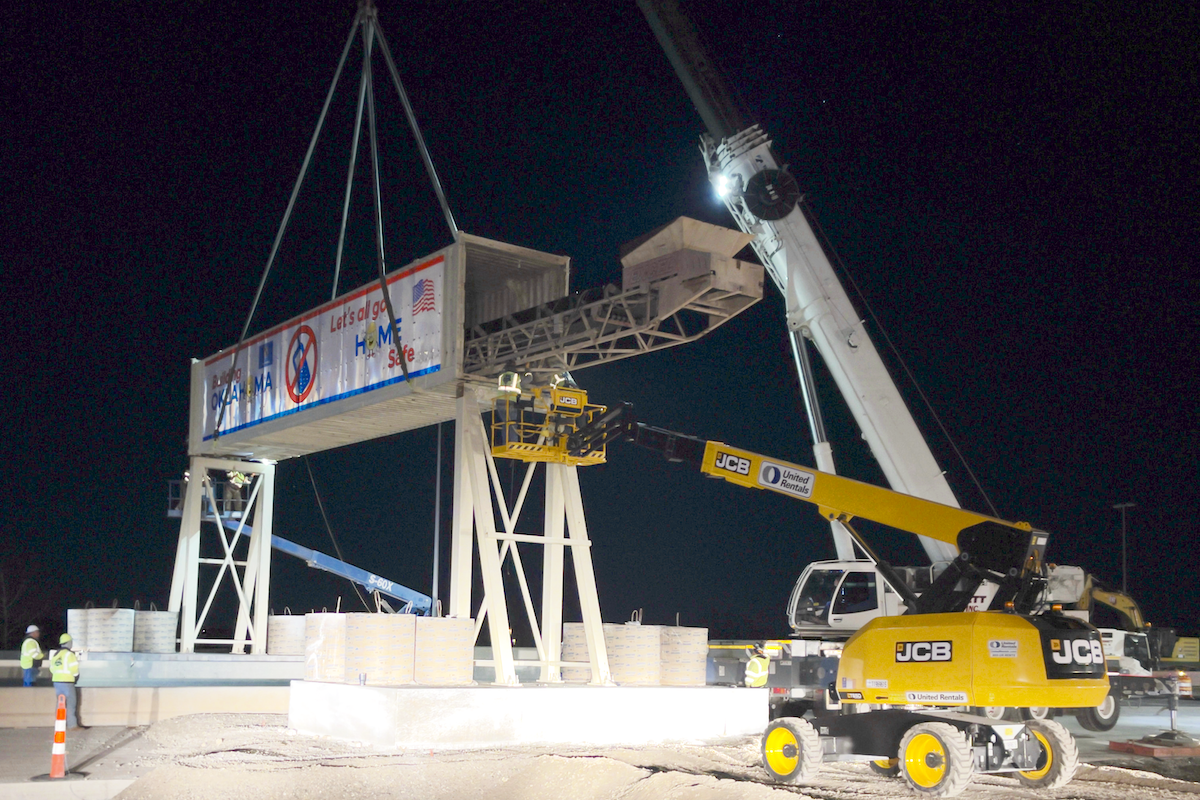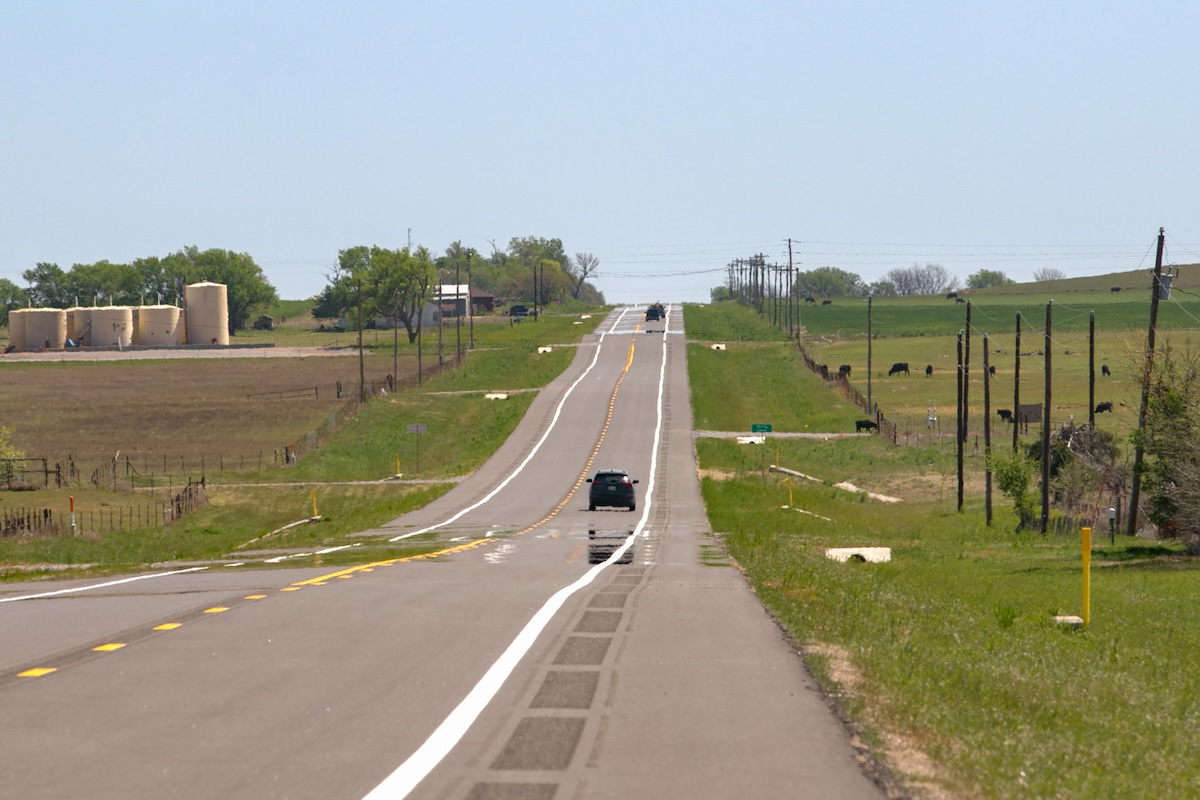West Warwick is primarily a residential community of about 30,000 people, with a median household income of approximately $70,000, roughly the same as the state as a whole. So an $8 million outlay to restore part of its road network is an expensive undertaking. Fortunately, the town is able to finance the ambitious road project through the issuance of $7.5 million in municipal bonds and the availability of some $500,000 in federal Community Development Block grants.
The motivation for the multi-million effort was sparked by Donald (Don) Ouellette, Director of the West Warwick Department of Public Works. Ouellette joined the DPW in 2018 as a professional engineer with more than 25 years in public works, including 13 years in Kuwait. At the time a captain in the U.S. Army, Ouellette was in charge of rebuilding the country’s water supply system that had been decimated during the Persian Gulf War provoked by Saddam Hussein’s invasion and annexation of Kuwait over oil rights.
Ouellette’s long career in public works, both civilian and military, made him well qualified for the DPW post, which calls for overseeing the Highway Department, Vehicle Maintenance, Sanitation and Recycling, Yard Waste, and Recycling Collection subdivisions. The Highway Department functions are the most demanding. West Warwick has about 600 streets amounting to approximately 260 lane miles – and they’re all paved with bituminous concrete.
“You don’t fix the bad roads first. You have to take care of the good roads first,” said Ouellette. He said this is a common sense philosophy of pavement preservation, a practice strongly supported by the Federal Highway Administration (FHWA).

| Your local Bomag Americas dealer |
|---|
| WPI |
According to FHWA, preservation techniques address pavements while they are still in good condition, and will restore the pavements almost to their original condition. By doing so, the cumulative costs of such treatment are substantially less then reconstruction or major rehabilitation over the life of the pavement. Pavement preservation calls for the use of non-structural treatments to the surface or near-surface of structurally sound pavements. Treatments include asphalt crack sealing, chip sealing, slurry or micro surfacing, thin and ultra-thin hot-mix asphalt (HMA) overlay.
“Don was able to convince town officials to not only approve the $8 million in road repair, but also to split the money between pavement preservation techniques and restoration practices including recycling,” said Art Baker, Regional Manager of indus inc. A strong proponent of pavement preservation, Baker has a 25-year background in municipal infrastructure installation, maintenance and repair. Equipped with a bachelor’s degree in civil engineering, he started out in the private sector, then switched to the public sector and served as public works director in Connecticut and Massachusetts and later returned to private industry when he joined indus. As regional manager for the company, he has been counseling DPW pavement managers in cities and towns in western Massachusetts, Connecticut, Vermont, and southwest New Hampshire.
Baker collaborated with Ouellette to identify treatments to match observed pavement conditions. In line with this, Ouellette had taken part in a consultant’s road inventory by personally driving over dozens of streets, identifying and classifying their attributes and the kinds of pavement distress they were demonstrating – such as cracking, rutting, raveling and potholes, among others.
“Don was able to rank the roads in short time, and then we were able to put a pavement management program together,” Baker said.
The first two years of the program involve six widely diverse treatments on various town street segments applied by several contractors. Treatments include crack sealing, micro surfacing, cold-in-place recycling (CIR), hot-in-place recycling (HIR), reclamation, and hot mix asphalt (HMA). Crack sealing and micro surfacing are non-structural, routine maintenance treatments that are considered pavement preservation techniques, as are some applications of HMA when placed no more than 1-1/2-inches thick.

| Your local Wirtgen America dealer |
|---|
| Kirby-Smith Machinery |
Crack Sealing
Cracking in asphalt concrete pavements is often the primary mode of deterioration in asphalt pavements. In pavements with ordinary working cracks and moderate traffic levels, a modified rubberized asphalt sealant is installed through a high-pressure hose line at a minimum temperature of 320 degrees Fahrenheit. Up to four years of extended service is possible.
Micro Surfacing
A thin overlay employed for rut filling or covering existing paved surfaces, micro surfacing is a mixture of cationic, polymer-modified asphalt emulsion, 3/8-inch crushed stone, portland cement additive and water, spread on the paved surface by a micro surfacing mixing machine. Treatment has an extended service life of three to eight years.
Cold-in-Place Recycling (CIR)
This technique can eliminate rutting, cracking, surface irregularities and base problems. In a CIR technique existing pavement materials are reused in-place as a base layer, and covered by a wearing course. Stabilizing agents such as cement, lime, bitumen emulsion or foamed bitumen are added. Tests show service life between four and 17 years.
Hot-in-Place Recycling (HIR)
This corrects raveling, cracks, rutting, potholes, shoving and bumps. It softens the existing pavement surface with heat, then scarifies and removes surface material, which is mixed with a recycling agent and existing asphalt binder. Finally, the recycled material is covered by an HMA wearing course. HIR extends service between three and eight years.
Reclamation
This recycles about 4 inches of asphalt pavement, compared with full-depth reclamation (FDR), which recycles about 12 inches, involving all asphalt pavement and some base aggregate. Materials are pulverized, mixed with asphalt emulsions and other substances, compacted and covered with a wearing course. This extends service life 10 to 20 years.

| Your local Wirtgen America dealer |
|---|
| Kirby-Smith Machinery |
Hot Mix Asphalt (HMA)
Various designs of this hot asphalt plant mix can be employed with different pavement preservation and recycling techniques, in mill and fill applications, and as pavement preservation treatments if dense graded mixtures are placed less than 1 and a half inches thick. Depending on application method, four to 20 years extended service life is possible.



















